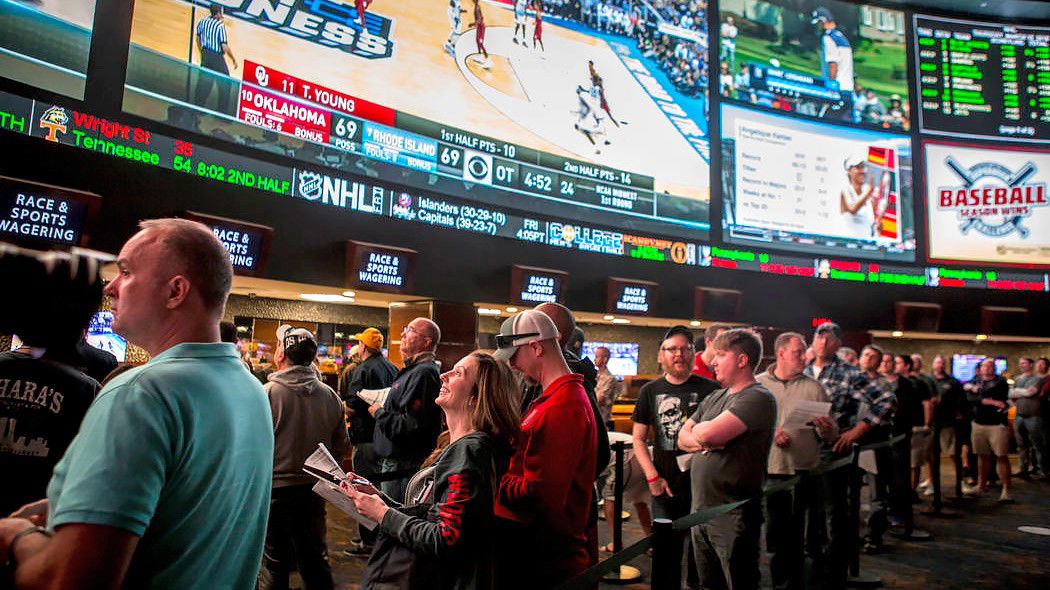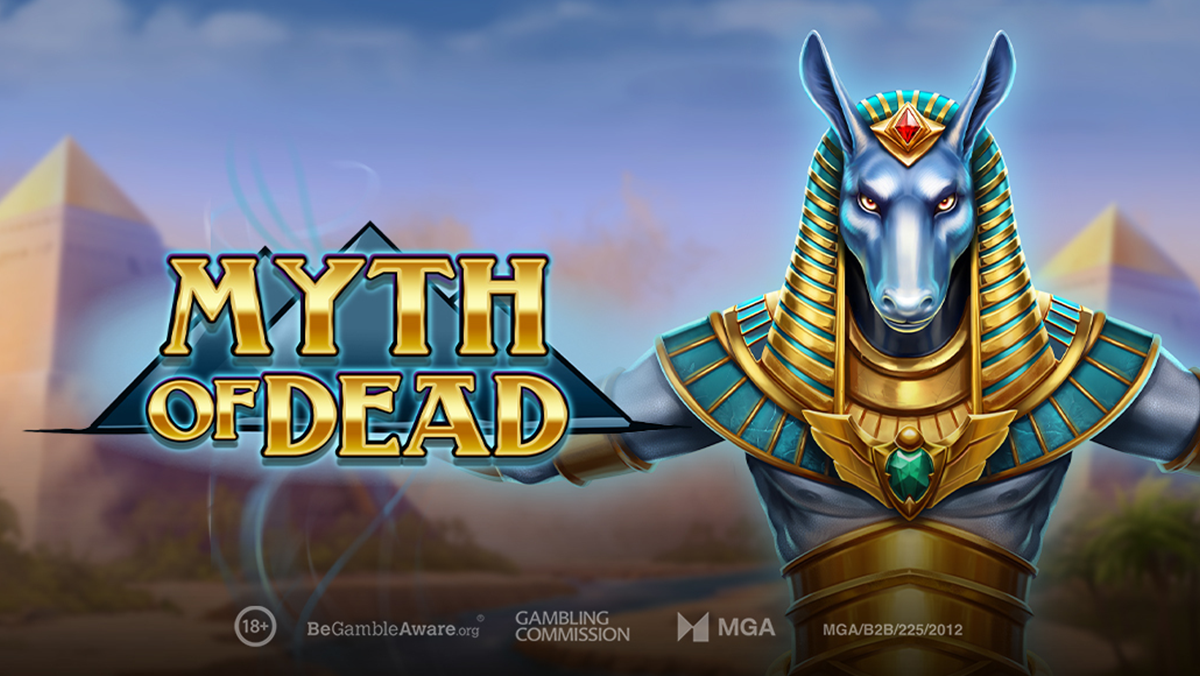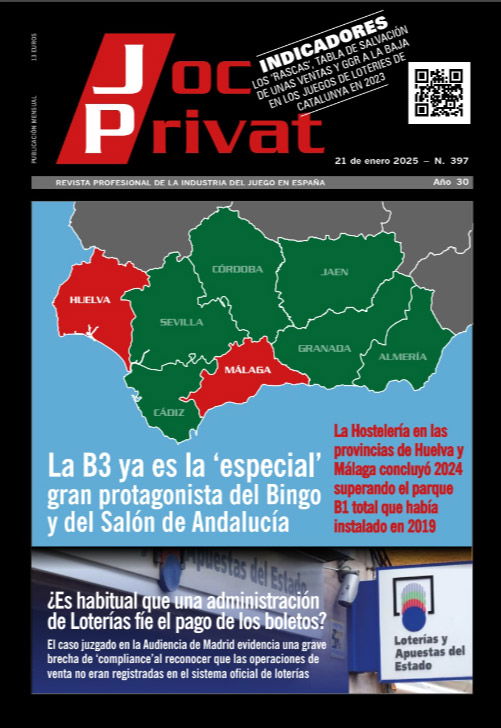Maine prepares to launch sports betting in November; Caesars and BetMGM secure tribal partnerships

The state of Maine is poised to introduce highly anticipated legalized sports betting in November, as confirmed by the Maine Gambling Control Unit (MGCU).
The regulatory body has indicated that the finalization of rules is underway, with an anticipated launch window spanning from November 5 to 15. The MGCU has also affirmed that the state's Attorney General is in the process of reviewing the pertinent regulations for the industry.
"Once they've approved it, then I will forward it to the Secretary of State's office. They typically take three to five business days, and then once [the Secretary of State's office] posts the adopted rules on their website, then we go live," Milt Champion, executive director of MGCU, recently said.
Milt Champion
Once the rules receive the green light from the Attorney General, the MGCU will proceed to grant operating licenses to eligible applicants.
While in-person wagering will be permissible at casinos and off-track betting facilities, online sports gambling will be exclusively regulated by the state's four federally recognized Native American tribes, who are authorized to collaborate with mobile operators. Caesars and BetMGM are the initial major sportsbooks to declare partnerships with Tribes in the state, indicating their readiness to participate when sports betting becomes live next month.
The legislation, signed into law by Governor Janet Mills in May 2022 and effective since August 2 that year, has paved the way for sports betting in the state.
Under the legislation, each tribe has the freedom to select its own vendor, potentially leading to up to four licenses being issued for the Penobscot Nation, Passamaquoddy tribes at Indian Township and Pleasant Point, Houlton Band of Maliseets, and Mi'kmaq. This presents a significant revenue opportunity for Native American tribes in the state as they have been granted sole control over the online sports betting market.
In contrast, both DraftKings and FanDuel have confirmed that they have no intentions of expanding into Maine. DraftKings and FanDuel, as the two largest sportsbooks in the country, have consistently dominated market share in the states where they operate.
They have cited the state's revenue-sharing model as the determining factor, deeming the potential share of revenue insufficient to justify operating their platforms within the state. While the market size is not expected to be substantial, it presents an opportunity for these smaller operators to capture a considerably larger market share than elsewhere in the United States.

















































